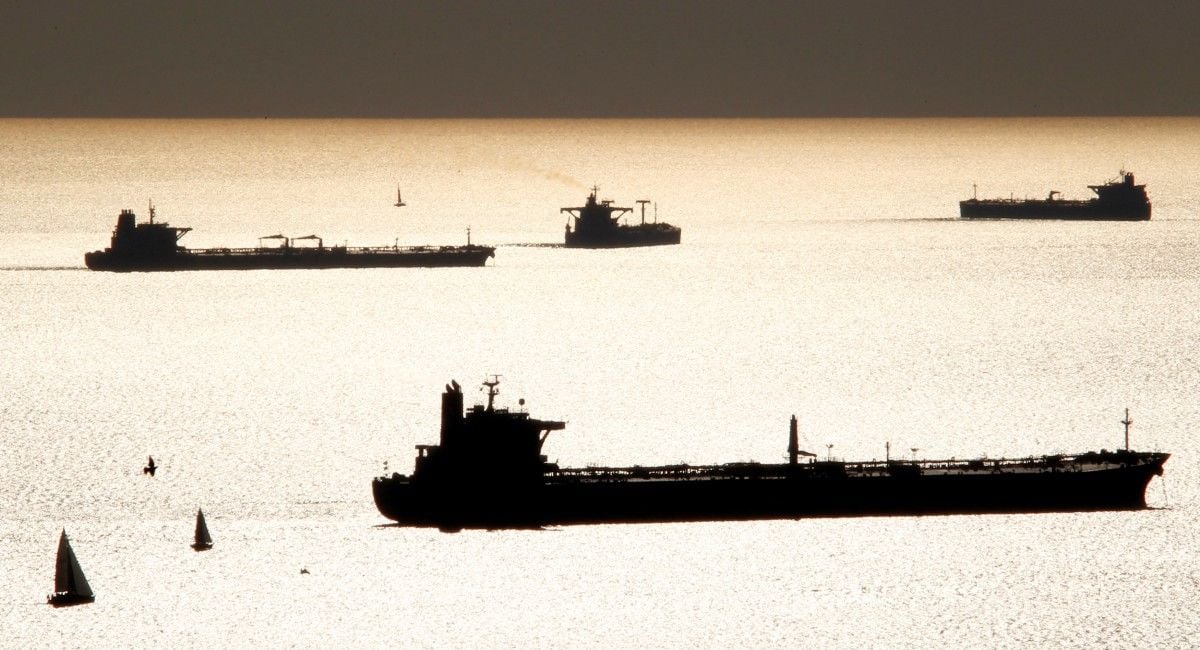
Oil rose for a second day on Friday, extending sharp gains following attacks on two oil tankers in the Gulf of Oman that stoked concerns of reduced crude flows through one of the world's key shipping routes.
The attacks near Iran and the Strait of Hormuz pushed oil prices up as much as 4.5% on Thursday, putting the brakes on a slide in prices in recent weeks over concerns about global demand, Reuters said.
Read alsoReuters: Oil extends decline after slump on high inventories, demand outlook
It was the second time in a month tankers have been attacked in the world's most important zone for oil supplies, amid rising tensions between the United States and Iran. Washington quickly blamed Iran for Thursday’s attacks, but Tehran denied the allegation.
Brent crude futures were up 50 cents, or 0.8%, at $61.81 a barrel by 0313 GMT, having settled up 2.2% on Thursday.
U.S. West Texas Intermediate crude futures rose 21 cents, or 0.4%, to $52.49 a barrel. WTI also closed up 2.2% in the previous session.
"The events in the Gulf would now appear to have taken on an overt military dimension and we are waiting to see what action the U.S. Fifth Fleet and other military resources in the region may take," said Tom O'Sullivan, founder of energy and security consultancy Mathyos Advisory.
Tensions in the Middle East have escalated since U.S. President Donald Trump withdrew from a 2015 multinational nuclear pact with Iran and reimposed sanctions, especially targeting Tehran's oil exports.
Iran, which has distanced itself from the previous attacks, has said it would not be cowed by what it called psychological warfare.
U.S. Secretary of State Mike Pompeo said the United States has assessed Iran was behind the attacks on Thursday.
The U.S. military later released a video that it said showed Iran's Revolutionary Guard removing an unexploded mine from the side of a Japanese-owned oil tanker.
Qatar called for an international investigation into the attacks and a de-escalation of tensions in the region.
On the demand side, OPEC on Thursday cut its forecast for growth in global oil demand due to trade disputes and pointed to the risk of a further reduction, building a case for prolonged supply restraint in the rest of 2019.

